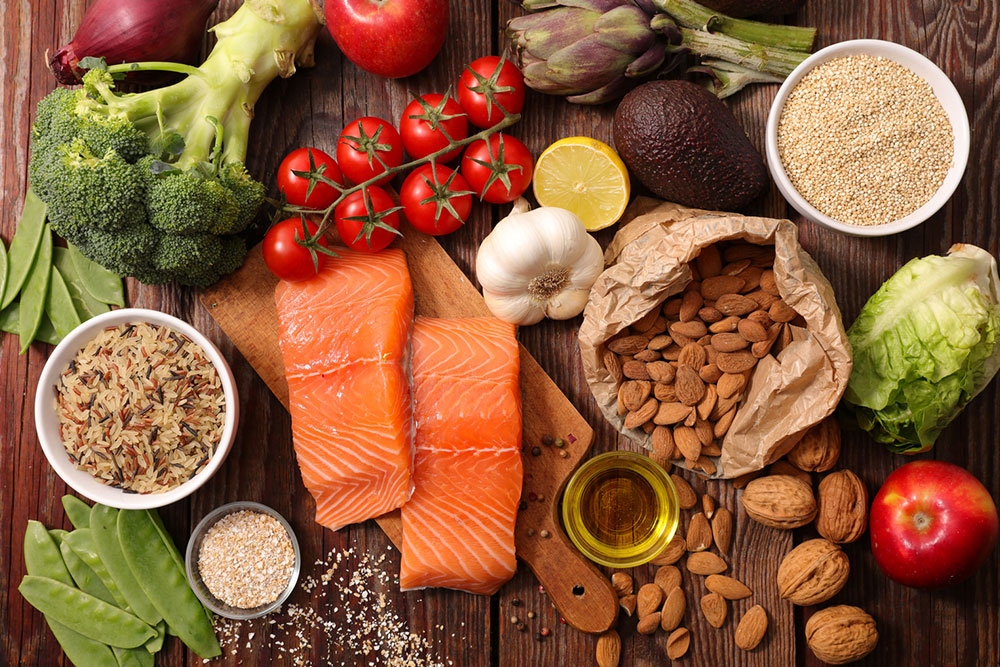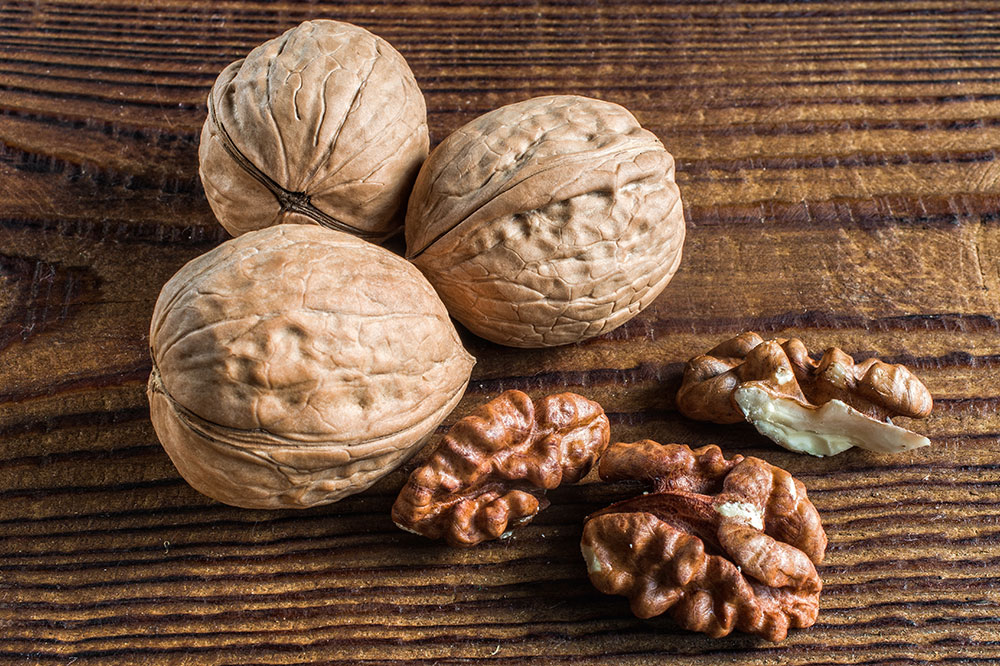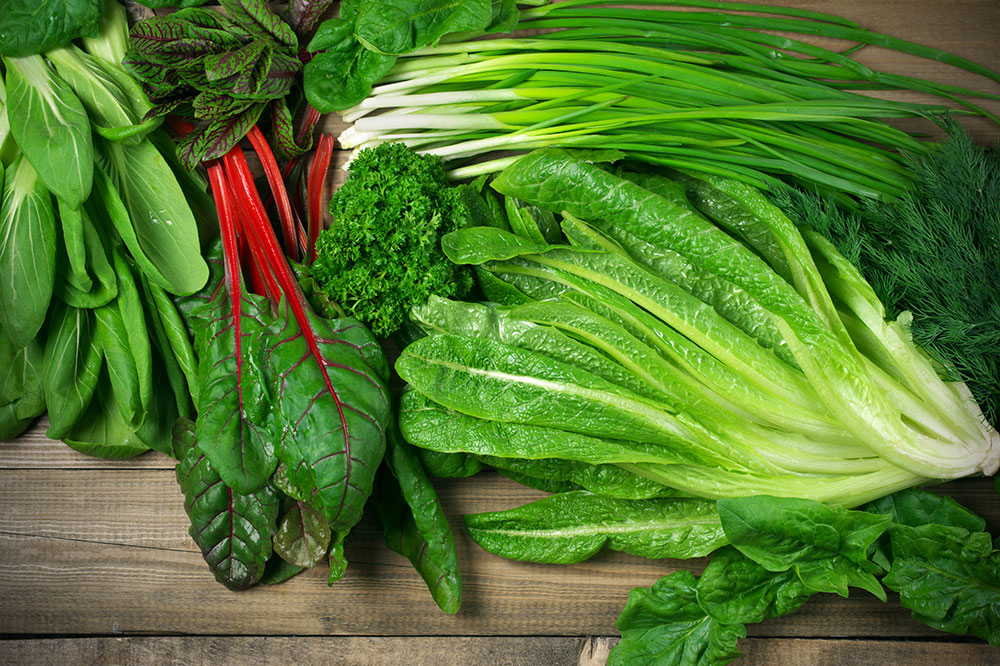Effective Nutritional Strategies to Enhance Mental Well-Being During Depression
Discover comprehensive nutritional strategies to support mental well-being during depression. This article explores functional foods rich in antioxidants, vitamins, and healthy fats that can help alleviate symptoms and boost mood. Learn how dietary modifications, including balanced meals with nutrient-dense ingredients, can complement traditional treatments, improve sleep, and enhance cognitive clarity. Embrace these lifestyle changes to create a supportive environment for mental health recovery, focusing on reducing oxidative stress and promoting brain health through mindful eating habits.

Dietary Choices That Support Mental Health and Alleviate Depression Symptoms
Depression is a multifaceted mental health disorder that impacts an individual's mood, thoughts, behaviors, and emotional well-being. It is influenced by a combination of genetics, biochemical processes, personality factors, and environmental stressors. While clinical treatments such as medications and psychotherapy are essential for many individuals, lifestyle modifications—particularly dietary strategies—can play a crucial role in managing symptoms and promoting recovery. Proper nutrition can significantly influence brain chemistry, energy levels, and overall mental health, offering an accessible way to support mood stabilization and resilience.
Despite the absence of a definitive diet to cure depression, research highlights that certain types of foods can improve mental well-being and support overall health. A diet that emphasizes antioxidants, essential vitamins, and healthy fats can help reduce cellular damage caused by oxidative stress. Additionally, paying attention to carbohydrate and protein intake can enhance serotonin production, which is vital for mood regulation and cognitive clarity. In parallel, reducing the consumption of stimulants like caffeine and foods high in sugar can improve sleep quality—an essential factor in mental health recovery. Together, these dietary strategies create a foundation that complements traditional depression treatments and promotes a balanced mental state.
Incorporating specific nutrient-rich foods into your daily diet can support brain health and improve depression symptoms. For instance, foods high in beta-carotene, such as sweet potatoes, broccoli, cantaloupe, apricots, spinach, carrots, pumpkin, peaches, and collard greens, provide powerful antioxidants that combat oxidative stress and inflammation—factors often associated with depression. Vitamin C-rich foods like tomatoes, blueberries, peppers, potatoes, kiwi, strawberries, oranges, and grapefruits not only strengthen the immune system but also support neurotransmitter synthesis, aiding in mood regulation.
Vitamin E sources, including seeds, nuts, wheat germ, and vegetable oils, function as antioxidants that protect brain cells from free radical damage. Opting for complex carbohydrates—found in whole grains, legumes, fruits, and vegetables—can positively influence serotonin levels, thereby boosting mood and energy levels. Consuming a variety of these nutrient-dense foods ensures a broad spectrum of vitamins and minerals essential for maintaining mental health.
Protein-rich foods such as tuna, chicken, turkey, beans, yogurt, soy, fish, and low-fat dairy products are rich in tryptophan, an amino acid precursor to serotonin, which is crucial for mood stabilization and cognitive functioning. Establishing a routine of balanced meals throughout the day is highly recommended for those managing depression, as it helps sustain mental focus and stabilization of energy levels. Meanwhile, limiting caffeine intake can reduce anxiety and improve sleep quality—both critical for mental health recovery. Overall, these dietary strategies serve as a supportive approach to traditional treatment, fostering resilience and emotional balance.





